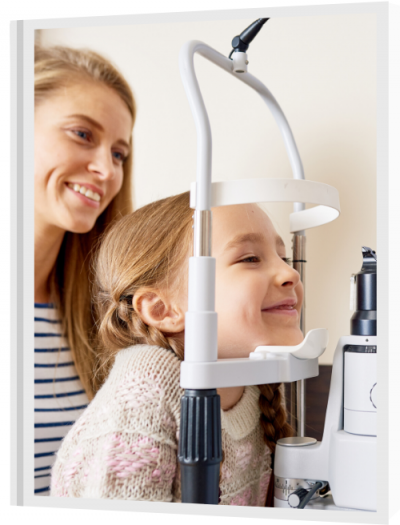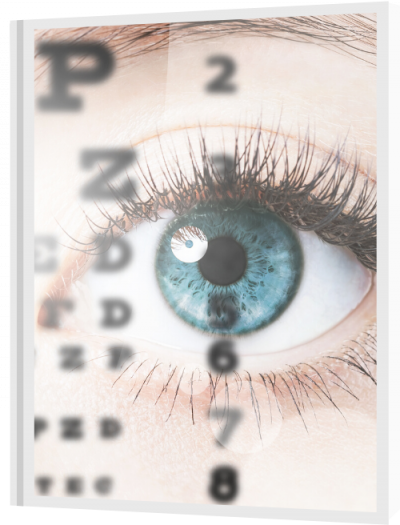The Importance of Eye Examinations
Annual eye exams can detect other serious health problems! During proper comprehensive eye exams, your optometrist will observe and evaluate the condition of the entire eye, your retina’s blood vessels, and evaluate addition factors concerning your health.
Take Care of Your Vision in 2020

Eye Care Can Change Quality of Life
Did you know there is over 60 million adults in the United States alone at high risk of vision loss? Sadly only half of those at risk have visited an optometrist in the past 12 months. Regular eye exams can have a major impact of preserving your quality of life for years to come.
Starting eye exams early is very important to combat very treatable diseases and some from leading to vision impairment or blindness:
- Cataracts ( or clouding of the lenses) ~ The #1 proponent of vision loss in the United States
- Diabetic Retinopathy ~ Issue in the back of the eye from damaged blood vessels) ~ the leading cause of blindness in American adults
- Glaucoma ~ Optic nerve damage from a group of diseases)
- Age-Related Macular Degeneration ~ The Continued Breakdown of Eye Tissue to Light Sensitivity
How Often You Should Have Exams
Regular eye exams can play an instrumental role in the development and long term quality of life. the CDC recommends eye exams starting at the ripe age of the 6 months with a standard schedule if you don’t suffer from vision impairment, however if you do, your exam schedule may be slightly more consistent depending on your optimetrist’s recommendations.
Typical Schedule For Children
- Newborn to 3 months
- 6 months to 1 year
- About 3 years
- About 5 years
As you age, your eyes change quite drastically. That is why is recommended to see the eye doctor each year past the age of 30.


What to Expect During a Visit
Below are the areas of examinations we like to cover. Addressing these certain items will allow a complete spectrum of your eye and eye health.
- Comprehensive Vision Assessment
- Baseline retinal photos on all adults
- Determination of spectacle lenses or contact lenses are required to correct distance or near vision
- Neurological mapping of the visual pathway (visual fields)
- Diagnostic evaluation of the exterior and interior health of each eye
- Additional tests for children who may be struggling with reading skills
- Consultation to review the results of the examination, recommending individualize treatment

